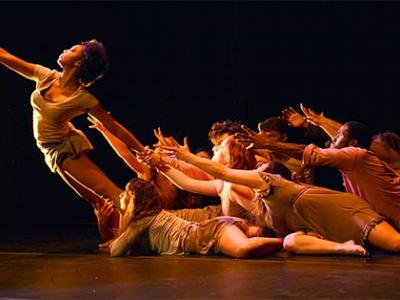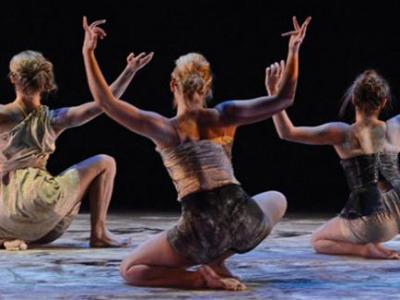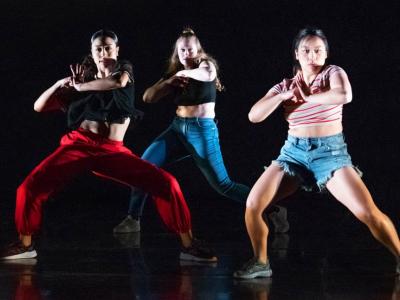What does a Dance Teacher do?
Dance teachers educate their students in the technique, performance, and choreography of dance. Some teachers focus their approach on a single style while others work in many forms, among them ballet, jazz, modern, tap, ballroom, swing, salsa, hip-hop, folk, pole dancing, and traditional dance forms from around the world. Dance teachers work in a number of settings, from schools and private studios to community centers and gyms, and with an equally wide variety of students, from young children to elite professionals in premier companies. Most teachers are themselves dancers and/or choreographers, and bring great knowledge and passion to their work.
Success as a dance teacher can come in many forms: opening one's own private studio, cultivating a fantastic public school dance program, or working for a prestigious conservatory or dance company.
While the specific activities and approaches employed by dance teachers vary greatly depending on the style and setting in which they teach, most classes involve some combination of warm-up exercises, technique-based drills, learning or practicing choreography, and rehearsing for performance. Classes may also include the opportunity for students to develop their own choreography, workshop each other's pieces, or practice improvisation. Dance teachers who work in early childhood education may incorporate dance techniques in playtime activities, aiming to develop fundamental aspects of rhythm and movement.
At a Glance
Dance teachers work in a wide range of settings, including public schools, private schools, dance academies, conservatories, universities, private dance studios, health clubs, gyms, and cruise ships. Many dance studios require teachers to carry dance insurance coverage or dance fitness liability insurance, while health clubs and gyms generally require a fitness trainer certification. Those who teach as part of a nonprofit organization are likely to work in non-traditional settings, such as hospitals, prisons, community centers, homeless shelters, and rehabilitation centers.
- Dance technique
- Choreography
- Deep specialization in one style or broad knowledge of several
- Teaching
- Budgeting
- Communication
- Leadership
- Organization
- Physical fitness
Dance teachers are passionate about both dance and teaching. They have excellent communication, organization, and leadership skills, which enable them to manage a classroom, organize a curriculum, and convey difficult concepts to their students. Dance teachers who run their own studios are businesspeople as well as teachers, and must possess administrative and business skills.
In addition to working on their feet in the classroom, dance teachers also spend time preparing for classes, observing and tracking the progress of students, and training and acquiring new skills. The majority lead elastic work lives based around part-time teaching gigs in multiple settings—a flexible schedule that can leave room for personal projects and continuing work as a professional dancer or choreographer. Others prefer the stability and consistency of rarer full-time positions, which can be found at universities, conservatories, and private studios.



